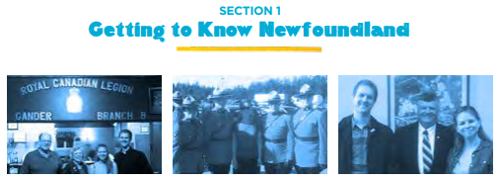These recorded presentations are available to any educator, student or parent looking for arts education workshops free of charge. These workshops are led by TDF's talented and creative teaching artist partners and can be delivered in person or virtually live for a nominal fee.
A three-part series for high school students. Teaching Artists: Raphael Peacock, Thomas Picasso and Channie Waites
---
With special attention paid to actors of color working on The Bard. Teaching Artist: Raphael Peacock
---
Creating Intentional Classrooms: Trans and Non-Binary Inclusion
Vocabulary and discussion 101 for making intentional spaces for trans students and people in classrooms and public spaces. Teaching Artists: Maybe Burke and Michael Leibenluft
---
Sharing best practices and lessons learned, Lisa Carling, Director of TDF Accessibility Programs, spoke on the "“Disability, Diversity and Inclusion: Broadway Master Class” panel as part of the United Nations 14th Conference of States Parties to the Convention on the Rights of Persons with Disabilities. This event took place on June 18, 2021.
---
A tutorial on using the free app Padlet for creating vision boards for costuming, along with a workshop approach for using this app with students working on a selected show and the role and approach of costume designers. Teaching Artist: Carrie Elleman Larsen
---
A two-part technical tour de force. Teaching Artist: Jenna Woods
---
A beginner's guide. Teaching Artist: Stephen DiMenna
---
Shape Light creates a participant-centered experience with: meditations, live music, ritual, theatre and performance explorations. A two-part series that explains the pedagogy of ritual theatre making and walks the educator through a step-by-step approach to working remotely and in person devising and facilitating ritual theatre. Teaching Artist: Noelle Ghoussaini
---
These handbooks are available free of charge and have been created via commission by the TDF Education Team. Please contact gingerb@tdf.org if you'd like to have a study guide designed for your production.
Developed in partnership with Seattle Repertory Theatre and La Jolla Playhouse.
Developed by TDF Education
Developed by TDF Education